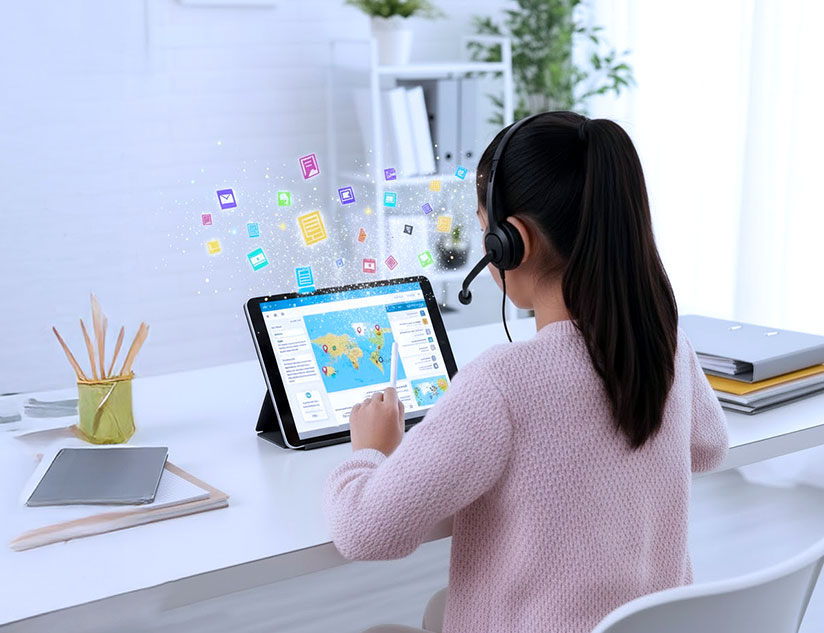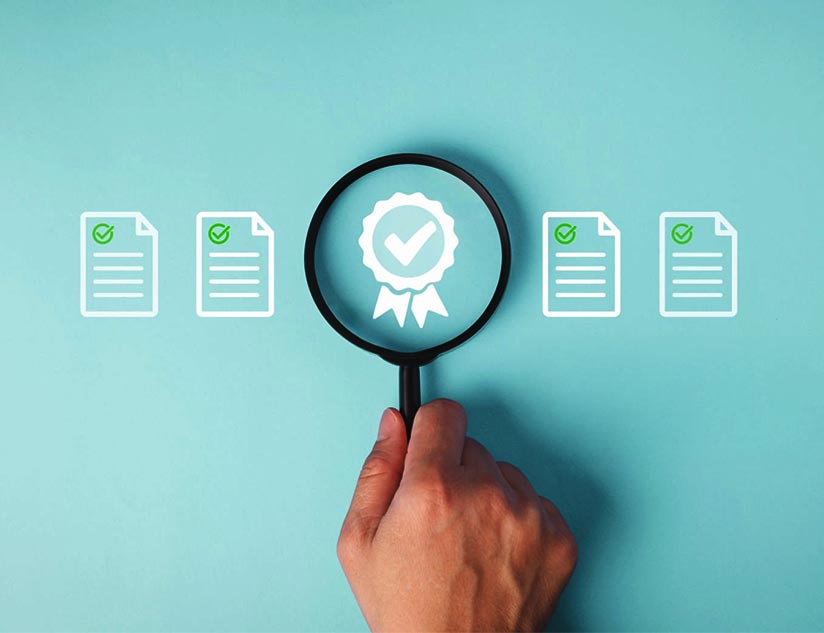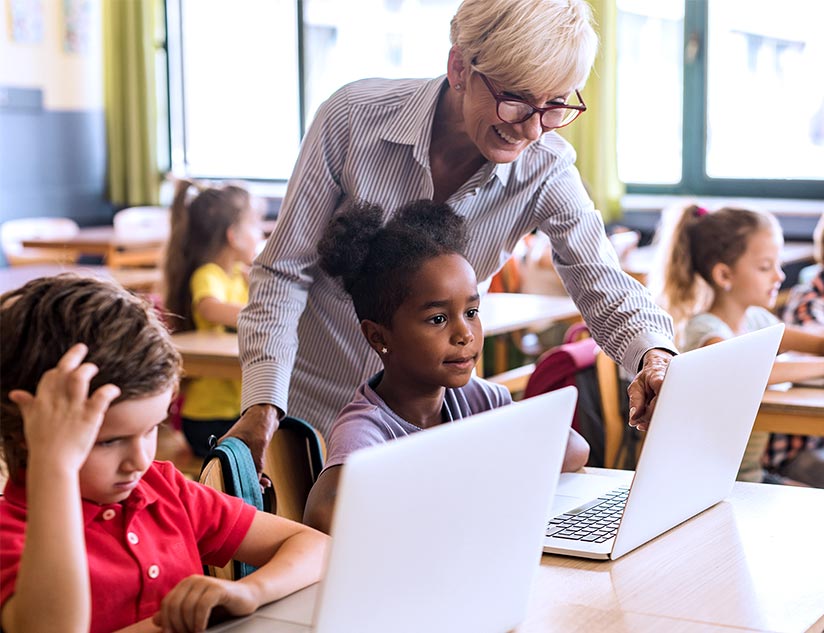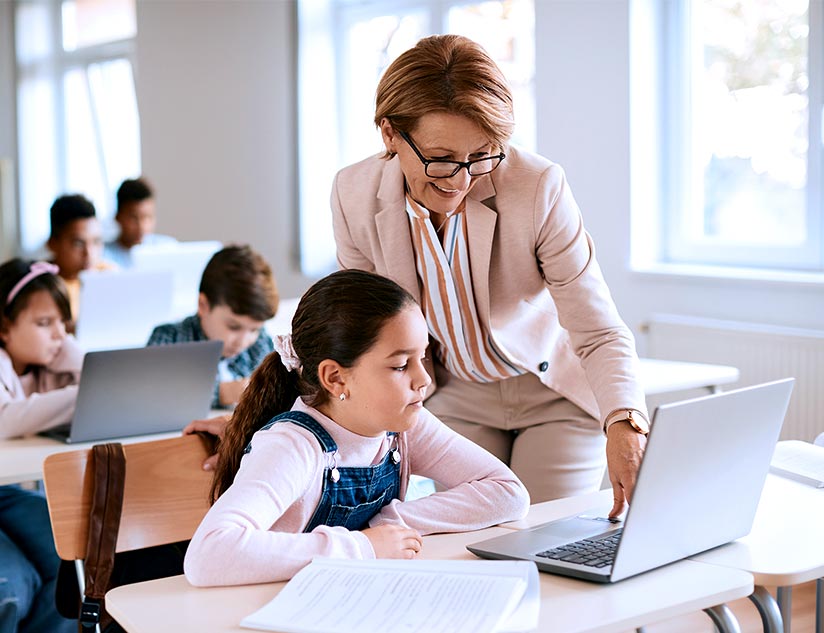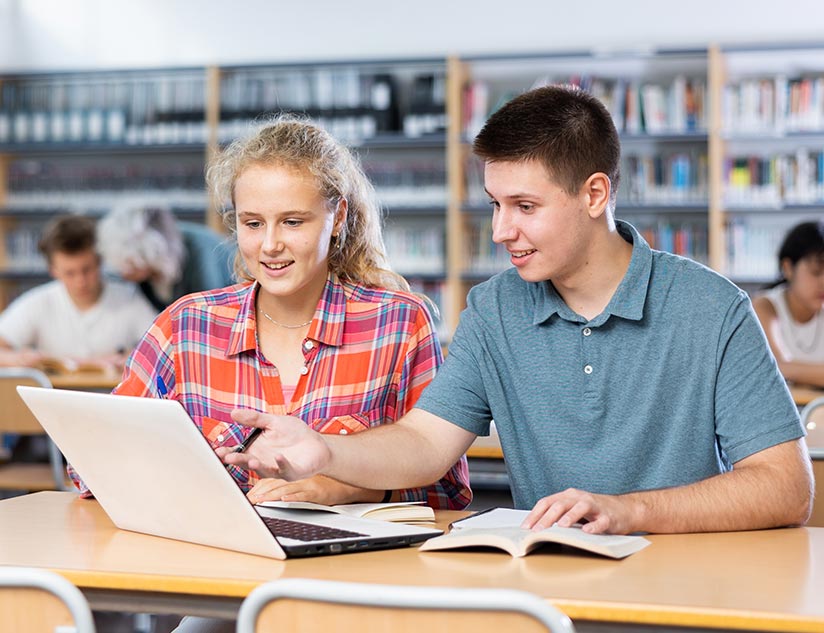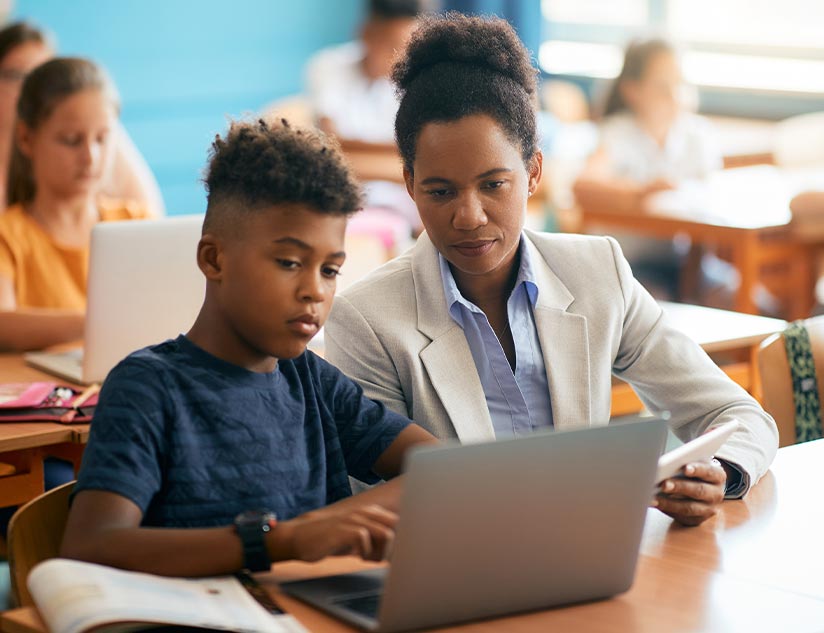Why should educators focus on Deeper Learning?
K 12 students are continuously introduced to academic concepts, ranging from the simple to the complex. While teaching these concepts, instructors focus on delivering the content and not on how much the student has learned. The traditional education system for decades has been measuring learning using standardized assessments. While there is much talk about ‘Learning Outcomes’, focus on real life application of skills is missing. Deeper learning takes a substantially different approach to education.
According to the National Research Council of the National Academies of Science,
“Deeper learning is the process of learning for transfer, meaning it allows a student to take what’s learned in one situation and apply it to another.”
Deeper learning in students encourages combining academic knowledge with effective communication skills, collaboration, and directing their own learning. It recommends teaching strategies that enable learning on a level deeper than that offered by traditional learning using project-based learning, game-based learning, adaptive tests, long-term cumulative assessments, advisory courses, etc.
Deeper Learning vs. Traditional Learning
Traditional learning takes a passive approach to learning by encouraging students to comply with standard methods of learning like attending lectures, taking notes in class, and reviewing concepts. Deeper learning, on the other hand, encourages students to be more independent by actively steering their learning in the direction they want, figuring answers out on their own, and testing practical applicability of concepts instead of only theoretical.
Unlike the passive style of traditional learning, deeper learning also lays great stress on developing “soft” skills, or interpersonal skills, in students instead of solely tying outcomes to test scores. Interpersonal skills in students are crucial for their future, especially in a professional context, to communicate effectively, think critically, manage human resources, and maintain strong business relationships. The active nature of deeper learning ensures that teachers can help students think critically and understand not just the academic content but the learning process itself. Thus, a variety of information with real-world context lies at the center of the deeper learning method. Ultimately, the goal of deeper learning is also to expand the assessments to include more than just standardized testing.
In short, deeper learning brings together five key elements: academic content, working in collaboration, critical thinking, effective communication, and learning how to learn. Digital content delivery platforms enables the measurement of the effectiveness of these elements through adaptive formats, such as online and blended learning, that have the potential to contribute to deeper learning. A technology-enabled network of education tools is thus paramount to providing every student with the opportunities for deeper learning. Not only will this generate personalized learning for students, but also instill qualities of motivation and persistence.
MagicBoxTM, an end-to-end digital publishing and mobile distribution platform, enables educators and content providers to create, sell, manage and deliver their digital content for effective e-Learning. Leading the EdTech revolution, MagicBoxTM supports a deeper learning experience in K-12 classrooms by enabling K-12 publishers to create rich interactive eBooks and Courses and track learner progress through analytics. By adding interactive videos, games, audio, and assessments, publishers can support a more adaptive learning style that suits individual learners’ needs.
Why should educators focus on Deeper Learning?
The Education industry currently sees students graduating each year without a strong grasp on certain real-world skills, such as interpersonal skills and complex problem-solving skills. Owing to the traditional approach to learning, students are only motivated to focus on short-term learning that helps them do well on standardized tests. What lacks is an active approach to learning, one that focuses on engaging students at a level they actively learn at instead of passively receiving information.
According to a recent study by the American Institutes for Research, deeper learning gives rise to improved K-12 academic achievement in the form of better test scores and 9% higher on-time graduation rates as compared to other institutions. Deeper learning also leads to greater enrollment in college courses and higher levels of motivation and academic engagement in students, impacting high school performance and college enrollment. Thus, deeper learning is immensely important to a holistic, well-rounded education.
Deeper learning offers the following major benefits to the K-12 industry:
- Collaborative & Peer-Based Learning: When teachers foster classroom collaboration by forming student groups for activities, projects, and moderated discussions, students realize that they can solve problems that they weren’t able to solve individually. Collaboration facilitates deeper learning by encouraging students to focus on the process more than the answer. The process involves allowances for open-ended discussions, inculcating accountability by incentivizing participation in group work, and allowing peer-based learning where students teach each other.
- Improved Communication: Through routine classroom interactions with both teachers and fellow students, learners can improve their communication skills to a great extent. For instance, educators can facilitate open-ended discussions to have an exchange of interpretations of a literary text. Not only will this allow for a variety of ideas to float around, but it will also gradually improve communication skills in learners as they get used to the idea of ‘speaking up’.
- Enhanced Critical Thinking Ability: The explosion of digital learning platforms can be credited with encouraging and developing critical thinking and problem-solving skills in learners. Educators now use games, simulations, and mobile apps to push students to think about concepts, their implications, associated variations, and potential applications.
- Application of Academic Concepts to Real-World Problems: Deeper learning enables students to apply academic concepts to practical problems. This ‘learning by doing’ approach fosters skills like problem solving, critical thinking, and collaboration. For example, asking students to work in groups for a project encourages them to develop their intrapersonal skills (self-management, self-direction, completion of individual goals) as well as their interpersonal skills (communicating with each other, expressing ideas, creating backup plans). Both these skills are essential in every real-world situation, whether it’s at work or at home.
Key Challenges to Administering Deeper Learning
While deeper learning has a world of benefits to provide to the K-12 sector, some key challenges in its adoption remain:
- Resistance: As with any innovation, deeper learning is often met with resistance from teachers reluctant to adopt a new instruction method. Unless educators understand the need for a more collaborative approach to learning, deeper learning will not see the wide acceptance it needs.
- Lack of awareness: Educators may not be aware of the technologies used to teach deep learning in schools. This could be a result of a lack of understanding, inadequate awareness or an unwillingness to adopt new methods of education.
- Empowerment: Educators need to create an environment for students where they are empowered enough to learn. A classroom that shies away from asking questions, collaborating, and taking control of its learning cannot reap the benefits of deeper learning.
- Budget constraints: Deeper learning requires significant investments in terms of time, capital, and technology. Since it is intricately related to digital learning, a commitment to deeper learning would involve investing in technology. Without adequate funds, achieving deeper learning could remain a dream
Facilitating Deeper Learning in the K-12 Industry
Even as challenges remain, educators can take steps to overcome them and facilitate deeper learning:
- Encourage Students to Ask Questions: An inquisitive spirit is central to achieving deeper learning. Educators must encourage the development of formal thinking and logical reasoning skills in students, based on an environment of healthy debate and questioning. For instance, the Collaboration module in MagicBoxTM’s digital learning solutions allows students to raise questions surrounding areas of interest or improvement, either in a group-based setting or a private one.
- Create a Conducive Environment: Educators must create an environment where the student feels at ease. Digital learning technologies make this easy by leveling the field and empowering students. For instance, MagicBoxTM has a collaboration module that allows students to ask questions to teachers. This interaction stays private between the teacher and the student, thus easing the student into learning concepts and raising questions. In the words of Jennifer Burgin, a second-grade teacher at Oakridge Elementary – “Sometimes good instruction is not just about what you can add but what you can remove to allow deeper learning to happen.”
- Promote Team-Based Learning: Working in groups enables each student to participate and contribute to projects and assignments. Another advantage of promoting team-based learning is that it helps shy students, who would otherwise hold back in large groups, to interact and make friends more easily. Through shared-decision making, students can employ critical thinking skills and engage in peer-based learning.
- Adopt a Student-Led Approach: Most educators stick to traditional teacher-led instructions in classrooms. However, they must empower students to take an active role in their learning process, thus facilitating an authentic deep learning process. For instance, educators can use MagicBoxTM’s analytics modules to help students keep track of their learning and areas of improvement.
An increase in the number of students graduating without necessary real-world skills such as emotional intelligence, creativity, adaptability, and critical thinking is already causing schools to shift to a deeper learning approach. Equipped with the latest technology in digital learning, they are moving away from the ‘surface’ learning model and encouraging more well-rounded learning in students. Policymakers must keep pace and push for deeper learning to become the new normal in education.






